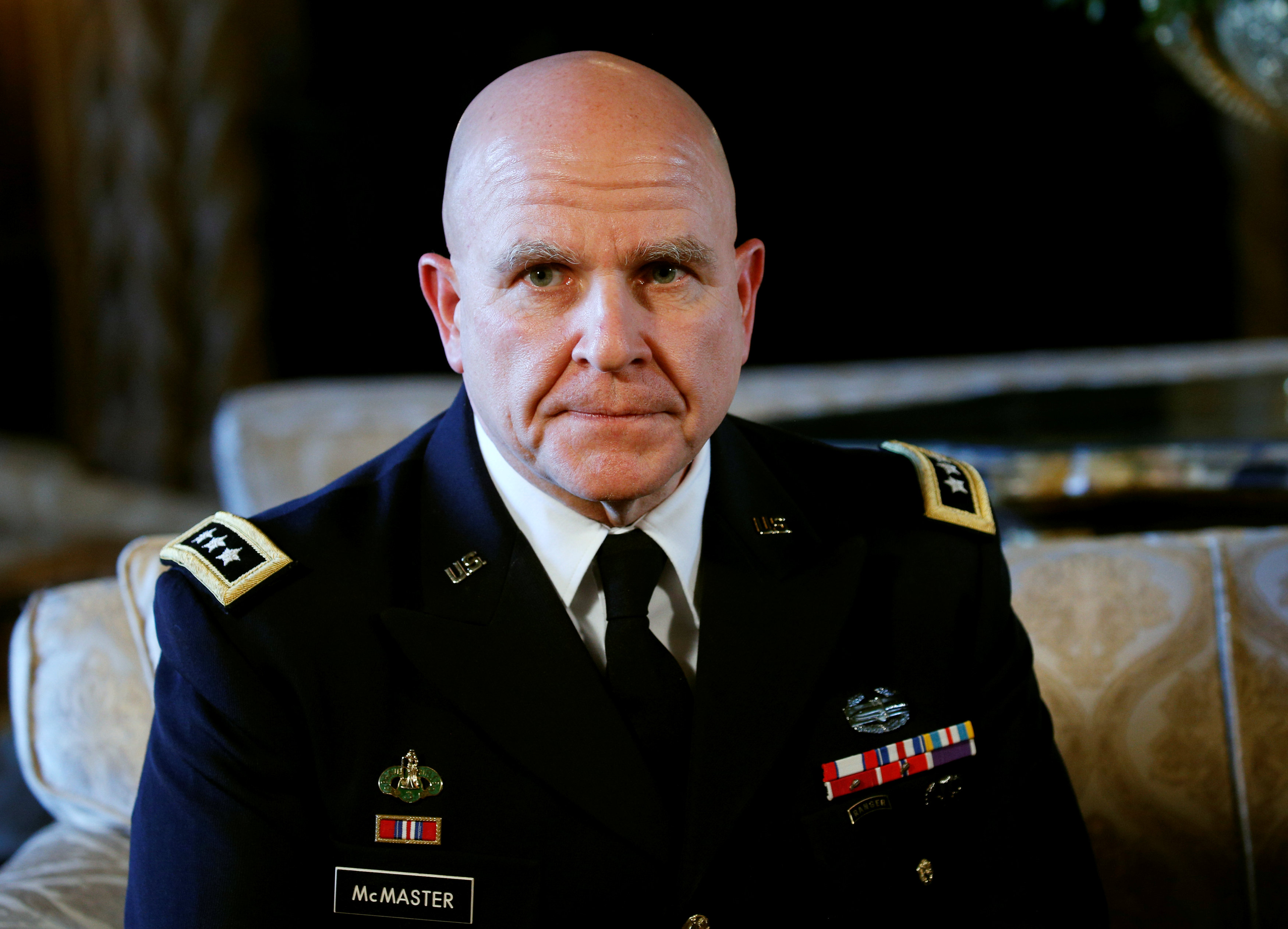McMaster Portrays Turkey, Qatar as New Sponsors of Radical Ideology
U.S. National Security Advisor H.R. McMaster called Turkey and Qatar new sponsors of radical ideology in the Middle East, remarks that expose growing split and divergence of views between the two NATO allies, and that would certainly draw the ire of Ankara.
“Radical Islamist ideology is obviously a grave threat to all civilized people,” Mr. McMaster, the Director of the National Security Council, said at an event hosted by U.K.-based Policy Exchange in Washington, D.C.
Speaking along with his British counterpart Mark Sedwill, the three-star general offered a glimpse of the new National Security Strategy, which will officially be unveiled on Monday.
He portrayed Russia and China as two major geopolitical adversaries, which are “undermining the international order and stability.”
“They,” he said, “are ignoring the sovereign rights of their neighbors and the rule of law.”
“Geopolitics are back, and back with vengeance after this holiday from history we took in the so-called post-Cold War period,” he argued, according to ABC News.
At the crux of his criticism was the “myopic” U.S. approach to the radical Islamist ideology in the past. According to Mr. McMaster, who is in charge of crafting the next security strategy for the world’s most powerful country, the issue was glossed over in the past.
“We didn’t pay enough attention how it’s [radical Islamist ideology] is being advanced through charities, Madrassas and other social organizations,” The National quoted the general as saying.
Saudi Arabia was cited by the national security advisor as the main sponsor of such organizations in the past, while he referred to Qatar and Turkey as main supporters at the moment.
“It is now done more by Qatar, and by Turkey,” he said.
His remarks came at a time of a deepening discord over a number of thorny issues that recently bedeviled the bilateral relations between Turkey and the U.S.
With the outbreak of the Syrian uprising, Ankara’s soft policy for border-crossings by Syria-bound international fighters had been a source of bitter resentment and sharp criticism among its Western allies. Since Turkey’s intrusion into northern Syria to uproot the Islamic State there, such criticism eventually faded away.
But Turkey’s relations with the U.S. are seriously strained by their incongruent views of the Syrian Kurdish militia, the indictment by U.S. prosecutors against President Recep Tayyip Erdogan’s guards, an ongoing trial in New York City and Washington’s reluctance to extradite a U.S.-based Muslim cleric whose arrest feverishly coveted by Ankara.
As a Turkish banker stands trial in New York City, President Erdogan’s government harangues and harries its ally over the “forceful detention of its citizens.” Mr. McMaster’s comments would highly likely put additional challenges into a relationship increasingly defined by mutual mistrust and discord.




Comments are closed.